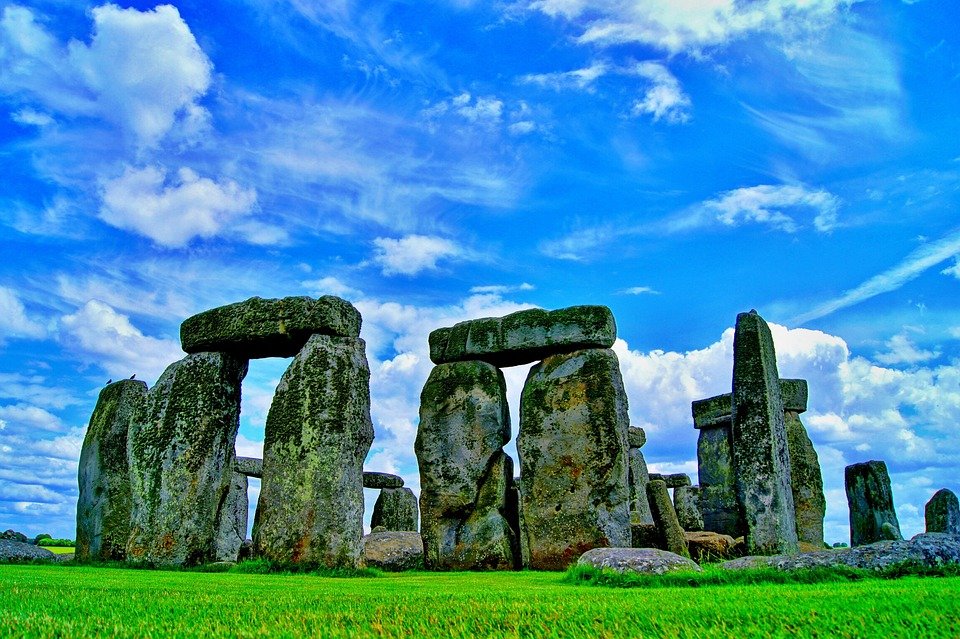

On this day: November 8
November 8, 1895: Wilhelm Röntgen Discovers X-Rays
On November 8, 1895, German physicist Wilhelm Röntgen made a groundbreaking discovery when he observed a new form of electromagnetic radiation that would later be named X-rays. This discovery revolutionized the field of medicine and led to the development of diagnostic imaging techniques that are still used today. Röntgen’s work earned him the first Nobel Prize in Physics in 1901.
November 8, 1923: Beer Hall Putsch in Munich
On November 8, 1923, Adolf Hitler and the Nazi Party attempted to seize power in Munich, Germany, in an event known as the Beer Hall Putsch. The coup d’état was unsuccessful and resulted in the arrest of Hitler and his co-conspirators. Despite its failure, the Beer Hall Putsch marked a significant moment in the rise of the Nazi Party and Adolf Hitler’s eventual ascent to power in Germany.
November 8, 1960: John F. Kennedy Elected President of the United States
On November 8, 1960, John F. Kennedy was elected as the 35th President of the United States, defeating Richard Nixon in a closely contested election. Kennedy’s presidency would be marked by significant events such as the Cuban Missile Crisis, the Bay of Pigs invasion, and the Civil Rights Movement. He was assassinated in 1963, but his legacy as a charismatic leader and symbol of hope continues to endure.
November 8, 1989: East Germany Opens the Berlin Wall
On November 8, 1989, the government of East Germany announced that it would allow its citizens to travel freely to West Germany, effectively opening the Berlin Wall and marking the beginning of the end of the Cold War. The fall of the Berlin Wall symbolized the reunification of East and West Germany and the collapse of communist regimes in Eastern Europe.
November 8, 2016: Donald Trump Elected President of the United States
On November 8, 2016, businessman and reality television star Donald Trump was elected as the 45th President of the United States, defeating Hillary Clinton in a surprising victory. Trump’s presidency has been marked by controversies, including impeachment proceedings and divisive policies on immigration and trade. His election was seen as a rejection of the political establishment and a sign of growing populist sentiment in the United States.
Conclusion
November 8th has been a significant date in history, with events ranging from scientific discoveries to political upheavals. These events have shaped the course of history and continue to have lasting impacts on society today.







